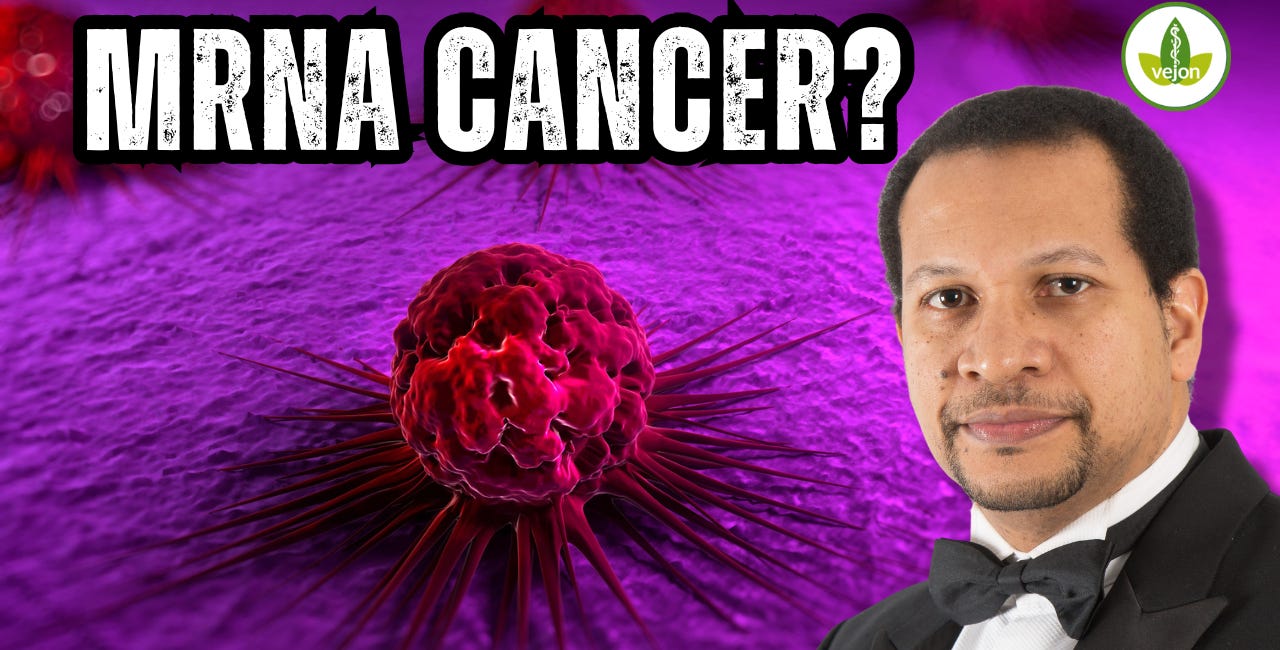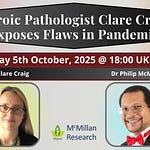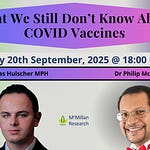I have been following the science around COVID-19 with close attention since the very beginning. But recent findings have left me deeply concerned—not only as a physician, but as someone who believes science must be transparent, even when the answers are uncomfortable.
Just days ago, a large population-based study from South Korea reported a statistically significant increase in the risk of several cancers within one year of vaccination. They examined more than 8.4 million people between 2021 and 2023, stratified by vaccine type, age, and sex. The results showed elevated risks for thyroid, gastric, colorectal, lung, breast, and prostate cancers—particularly in those who received DNA-based vaccines, but also among mRNA recipients.
Kim, H., Kim, MH., Choi, M. et al. 1-year risks of cancers associated with COVID-19 vaccination: a large population-based cohort study in South Korea. Biomark Res 13, 114 (2025). https://doi.org/10.1186/s40364-025-00831-w
This is not an isolated finding. Only weeks earlier, a separate Italian study hinted at similar signals. That makes two independent countries, using different methods, arriving at data that raise the same unsettling possibility: vaccination may be associated with changes in cancer incidence.
Could mRNA Vaccines Influence Cancer Spread? The Exosome Question
Now, I want to take on one of the most difficult but necessary discussions in medicine today. A new study from Italy has analyzed nearly 300,000 people, looking at vaccination status, all-cause mortality, and cancer hospitalizations.
Does this mean causation is proven? No. But does it mean the signal can be ignored? Absolutely not.
History offers us a lesson. When the first studies linking smoking and lung cancer emerged in the 1930s, industry flatly denied causation. For decades, the tobacco companies argued “correlation is not causation,” funding research designed to confuse rather than clarify. The result was catastrophic: millions died unnecessarily while the truth was delayed.
We cannot afford to repeat this mistake. If these early trends around vaccination and cancer prove real, and if industry or regulators choose to suppress rather than investigate, public trust in medicine will be permanently shattered.
I want to be very clear: this is not about creating fear. It is about responsible science. When two large datasets suggest a possible trend, the ethical obligation is to investigate, not to dismiss. Patients deserve transparency, and doctors have a duty to advocate for those they serve—not for regulators, governments, or pharmaceutical companies.
I worry that the cancers emerging now are not simply “faster growing,” but possibly “faster spreading.” That distinction matters. We may begin to see patients presenting not with an early tumor that can be surgically removed, but with metastatic disease discovered only when symptoms appear in the brain, bones, or lungs. At that stage, cure is no longer possible—only palliation.
That scenario would be devastating. And yet, even now, research is scarce. We need independent investigations, robust long-term studies, and above all, honesty.
I said over two years ago that the science was too specific to ignore. Now, with two countries showing similar signals, my warning is simple: do the research, confirm or refute the link with clarity, and explain why. Do not ignore it. Because if you do, the public will never forgive—and history will never forget.
Vejon COVID-19 Review is a reader-supported publication. To receive new posts and support my work, consider becoming a free or paid subscriber.










